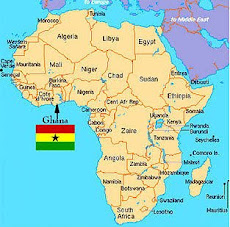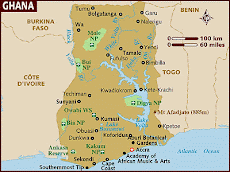We have had no water to the house for 2 weeks. This means that we have had to go to the bore hole to fetch water. As there is such a general shortage, there are always lengthy queues at the bore hole. On the most recent visit there were 59 people queuing for water. Everyone is so friendly and helpful and they insist that we go to the front of the queue. They also help us to fill our containers and insist on carrying them back to the house for us.
More children are being kept off school to fetch and carry water. The picture below was taken at 10.00 a.m. on a week day, when all these young people should have been at school.


Our neighbours have been amazing. They keep checking that we have water, and they sometimes appear at our door with containers of water for us. Yesterday (Sunday) we completely ran out of water, apart from bottles of drinking water. Unfortunately, this coincided with Greg having a bout of food poisoning - and hence a greater need for water! A couple of our wonderful volunteer colleagues came to the rescue and did several trips with their motor bikes to bring us water from the centre of town.

There are few business enterprises in Wa on an industrial scale. Packing safe water is a cottage industry that thrives all year round. Water is filtered and packed into plastic sachets, safe to drink and at the cost of about 2.5p a sachet. The lorry below is loading up with these packages to deliver to the shops. Water-borne diseases are very common, and we have seen many people drinking water that is clearly unfit for consumption.

We thought we would try and capture a few more Wa business enterprises like weaving

The nearest thing to a Department store is Foka. We have bought our kettle, buckets, cleaning materials, stationary, coat hooks and other miscellaneous items from this store.

It is a long time since we have seen typewriters in use. This guy sits outside the post office and for a small fee types up personal and business letters and a range of legal documents for his customers.

The assistant in our local stationary shop was delighted to have his photograph taken, as we are one of his best customers.

There are many other small enterprises around town, including a pharmacy that supplies the whole of the Upper West region, many tailors that will make good quality clothing for a very reasonable price, metalworkers, internet cafes and numerous food stores. Apart from churches the drinking spots are probably the most common businesses, many with a TV showing European Football. The picture below tells its own story.

One highlight of Wa life this last week has been the “enskinment” of the new paramount chief for Wa, called the Na. After 10 years of dispute, the Council of Chiefs has finally decided who should be the Wa Na. The enskinment is a traditional ceremony, where the new Na is dressed in a lion’s skin to represent his strength, power and authority. As part of the ceremony, he has to jump over a cow. This act represents long life for the Na.
Unfortunately, we did not witness any of this. The ceremony was carried out with a small number of people present, because the decision to enskin this particular WA Na is not universally popular. The picture below shows the Wa Na’s Palace, which is situated just off the main street of Wa.

We have gradually started to recognise that we are nearing the end of our time in Wa. On Saturday, we had a really good time at a regional meeting followed by a farewell lunch with all the volunteers in the Upper West region. Many of them had travelled quite a long distance, and it was a very happy/sad occasion.

On Sunday, the Deputy Director of Education, George Guri, invited us out for a farewell drink at our local spot. We have worked closely with George and he has just been appointed to the post of Director of Education in the Volta region of Ghana. In addition to the excellent work he does for the education service, he leads a group of people who are trying to set up a “science academy” in Wa. All the schools lack facilities for science, and his idea is to bring students into the academy on a rota basis, in order to participate in practical science. He is also the producer of a weekly radio programme, which aims to bring “useful, everyday science” to local people. This week’s programme included tips on how to make candles last longer. A recent programme explained how to plant and care for grafted mango trees. In addition to this, he works very hard to raise money to buy clothes, shoes, school books etc. for a number of really disadvantaged youngsters, in order to prevent them from dropping out of school.



